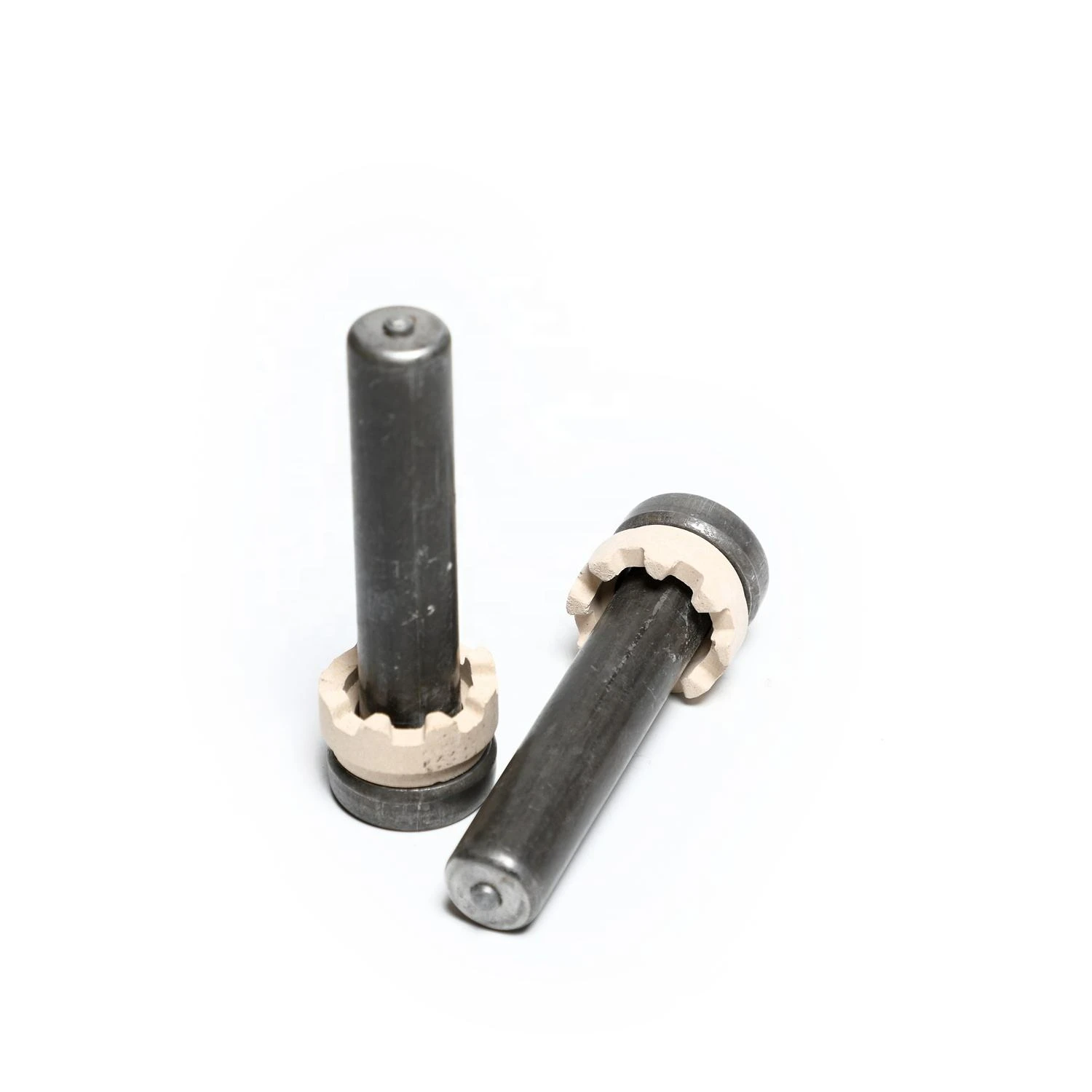

welding stud
ное. . 13, 2024 15:44 Back to list
welding stud
Understanding Welding Studs Applications, Types, and Benefits
Welding studs are specialized fasteners used in various industrial applications to create strong, permanent joints between metal components. They play a crucial role in construction, automotive, aerospace, and many other sectors, ensuring structural integrity and reliability in assembled products. This article delves into the various types of welding studs, their applications, and the benefits they bring to the manufacturing process.
What are Welding Studs?
Welding studs are essentially short metal rods with a threaded or unthreaded end that is designed for attachment to a surface. They are typically made from steel, stainless steel, aluminum, or other alloys, depending on the intended application and the required mechanical properties. Different welding processes can be used to attach studs to materials, including arc welding, resistance welding, and more specialized techniques such as laser or stud welding.
Types of Welding Studs
1. Threaded Studs These have threads at one end, allowing them to be tightened with nuts and provide a secure fastening mechanism. Threaded studs are commonly used in applications where components may need to be disassembled for maintenance or repair.
2. Unthreaded (Flat) Studs Designed for applications where a nut is not required, unthreaded studs create a flush finish. They are often used in structural applications and are welded directly to the surface of the base material.
3. Insulated Studs These are specially designed with an insulating layer, preventing electrical conductivity and reducing the risk of galvanic corrosion. They are typically used in electrical applications and environments where electrical insulation is paramount.
4. Anchoring Studs These studs are used to provide a secure anchoring point in concrete or masonry applications. They help in stabilizing structures and ensuring safety in various engineering projects.
Applications of Welding Studs
The uses of welding studs are as diverse as the industries that employ them. Here are some of the most common applications
- Construction In buildings and infrastructure projects, welding studs are often used to secure steel frames and reinforcements, ensuring that structures can withstand various loads and stresses.
welding stud

- Automotive Industry Welded studs are extensively used in the manufacturing of vehicles, where they help attach components such as brackets, chassis parts, and interior fixtures, contributing to the overall integrity and safety of the vehicle.
- Aerospace In the aerospace sector, welding studs are employed for assembling different parts of an aircraft, particularly where weight is a concern, and strong joints are required to withstand extreme conditions
.- Manufacturing and Fabrication Many manufacturing processes require the joining of different materials, and welding studs provide a reliable means to maintain the precision and strength of the assembly.
Benefits of Using Welding Studs
Utilizing welding studs in assembly processes offers numerous advantages
1. Strength Welding studs create a strong and permanent bond, significantly enhancing the load-bearing capacity of structures or components.
2. Speed and Efficiency The stud welding process is typically quicker than traditional fastening methods, such as bolting or riveting. This increased speed can lead to reduced labor costs and shorter project timelines.
3. Reduced Weight Using welding studs can result in lighter assemblies compared to conventional fasteners, which is particularly beneficial in the automotive and aerospace industries where weight reduction is critical.
4. Improved Aesthetics Studs can provide a clean finish, eliminating the need for bulky fasteners visible on the surface, thereby improving the overall appearance of the product.
5. Versatility With various types available, welding studs can be tailored for specific applications, materials, and environments, providing solutions for a wide array of engineering challenges.
Conclusion
Welding studs play an indispensable role in modern engineering and manufacturing. Their versatility, strength, and efficiency make them an ideal choice for numerous applications across various industries. Understanding the different types of welding studs and their unique advantages can help manufacturers and engineers make informed decisions that enhance the quality and performance of their products. Whether you are involved in construction, automotive, or aerospace, incorporating welding studs into your projects can lead to significant improvements in assembly practices and overall structural performance.
Latest news
-
Premium Self Tapping Metal Screws: Strong & Easy Install
NewsAug.02,2025
-
Premium Fasteners Manufacturer | AI-Driven Solutions
NewsAug.01,2025
-
Hot Dip Galvanized Bolts - Hebei Longze | High Strength, Corrosion Resistance
NewsAug.01,2025
-
High-Strength Hot Dip Galvanized Bolts - LongZe | Corrosion Resistance, Custom Sizes
NewsAug.01,2025
-
Best Self Tapping Screws for Drywall - Fast & Secure Installation
NewsJul.31,2025
-
High-Strength Hot Dip Galvanized Bolts-Hebei Longze|Corrosion Resistance&Customization
NewsJul.31,2025

